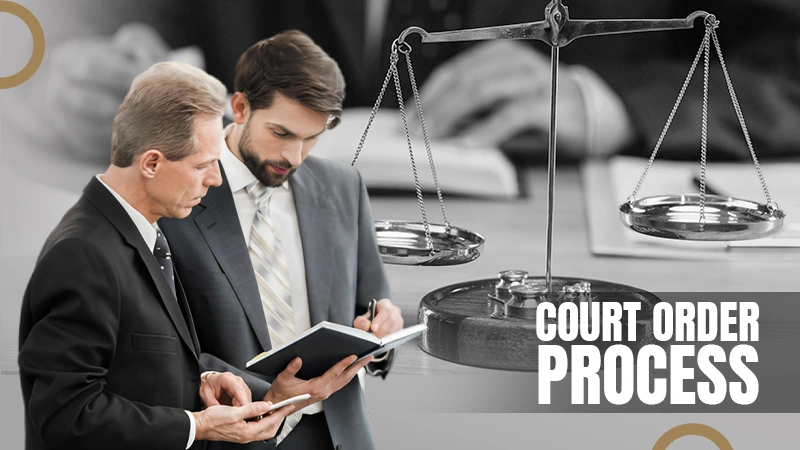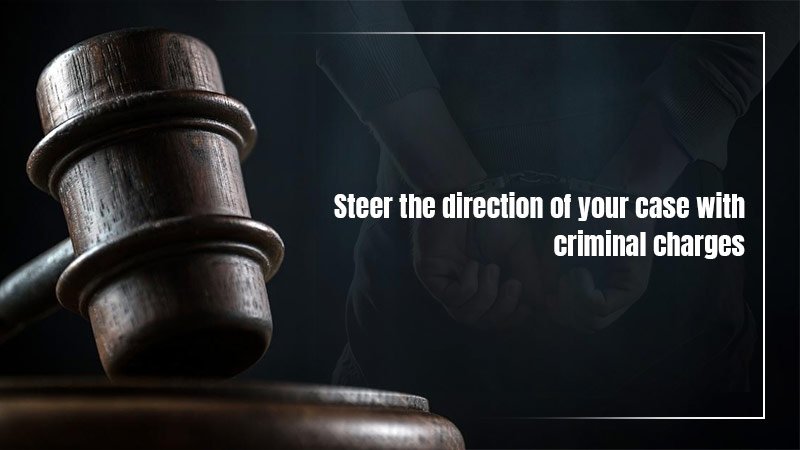What Kind of Settlement Can a Personal Injury Lawyer Get?
If you’re involved in an accident due to someone’s negligence, you qualify to be paid for damages, typically known as settlements. However, the kind of settlement a personal injury lawyer can get is a two-sided consideration. As such, to comprehensively understand your case’s winning probability and the type of settlement to expect, working with a qualified personal injury lawyer from accomplished law firms like HawkLaw, P.A is an incredible consideration.
The Kind of Settlements a Personal Injury Lawyer Can Get
Generally, settlements occur when you sue the defendant and agree through their attorney or insurer to pay you a certain amount to drop charges. A personal injury lawyer can get compensation for you regarding payments paid by those who caused the accident, or they can get a settlement for themselves, considering their price for representing and winning your payments in contingency legal fees.
Settlements are mostly around 80% of the costs you incur for the damages caused by accident, especially if faults involve all parties. Commonly, these settlements compensate for lost wages, lost income and opportunities, property damages, medical bills, and other economic losses.
How Your Injury Settlements Are Reached?
Mainly, the amount of compensation you receive depends on the unique factors affecting your case and the rules and regulations of the law at that time. Because many instances and circumstances cause personal injury accidents, you cannot expect a standard amount of settlement unless the law accurately measures all factors. When all aspects are measured and faults are determined, your injury attorney and the defendant’s legal representation agree on the amount paid for you to drop charges.
To arrive at a decision, you and your lawyer present what you think the case is worth, and the defendant’s side also does the same. Typically, both lawyers will determine the amount based on their experiences and the severity of the case. However, suppose the defendant’s insurer represents them. In that case, the insurance company will be the one to determine the settlement amount based on their past experiences in addition to your case’s unique present considerations, such as the cost of damages caused.
Once you and your defendant’s sides agree on a rough estimation, you’ll begin the process of making compensation. Also, all sides gather facts to make sure all parties are served without violations. When an acceptable settlement offer is made and agreed on, both sides sign the agreement, and you, as the plaintiff, sign an additional release document giving up all your rights to pursue the case in court.
Factors Affecting the Value of Your Settlement
Because personal injury cases differ in severity and other factoring considerations based on the law when estimating and making settlements, the following factors affect the value of your damage compensation:
Defendant’s Assets
Unless your defendant is considered able by the law to settle your damages through their funds or an insurance company, getting paid a high amount of damage settlement won’t be possible regardless of your case’s severity. Likewise, when the defendant is found guilty of negligently causing an accident, the law can sell their assets or garnish their wages to compensate you. However, unless the salaries and sold assets amount to the value of settlement determined, you may still not get paid fully, especially if the defendant doesn’t have any other means of getting additional finances.
The Accident’s Severity
Since your settlements are estimates of the cost of damages the accident caused to you, things like quick recovery from pain and suffering affect the value of your compensation. Unless the defendant caused the accident intentionally or with gross negligence, your swift recovery from damages might reduce the weight of the payment, especially if the case is in court and takes long before it’s settled.
The defendant’s Genuine Evidence of Wrongdoing
Generally, the law states that unless there is strong evidence that the defendant caused the accident as claimed, your damage compensation may be little or none. According to the law, even when potential damages are noticeable, little to no evidence that the defendant is liable for the accident doesn’t determine a compensation arrangement.
Settlements an Injury Lawyer can Get as Contingency Legal Fees
Aside from getting a settlement for you, your injury attorney also gets compensation for themselves regarding payments for representing you called contingency fee percentage. Your lawyer gets their contingency percentage by ducting from your damage compensation amount in most cases. Likewise, the amounts of contingent fees your lawyer gets are two-sided considerations.
First, when you pay for all your damage bills, you’ll only pay them an agreed amount deducted from your settlement amount. On the other hand, if your attorney takes care of court fees on your behalf, you’ll pay them about 40% of what you’re compensated first before agreeing on their counsel and representation charges.
As you can see above, there are two types of settlements an injury attorney can get. It can be what they charge you for their legal services or what they get as your compensation from your defendant.
Follow Us
Latest Post
















